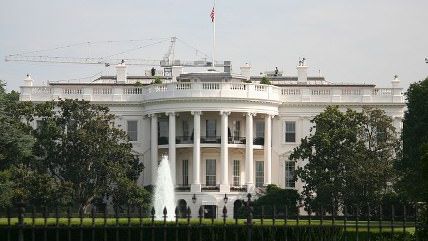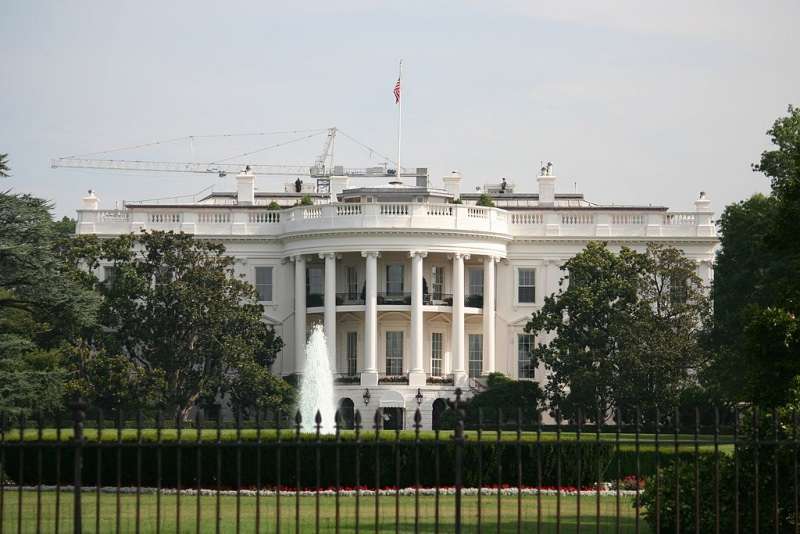Ain't No Sunshine When He's On: Obama Administration Most Opaque Ever
Another record in avoiding transparency


I'm in the midst of a hunt for records with the Department of Justice, trying to get information for a story about law enforcement agencies that have been forbidden from participating in the federal asset forfeiture sharing program fund due to misconduct. The Department of Justice has been very polite, and I've been working with one of their staffers to narrow down my request to the relevant records. But it's a slow process. I filed the Freedom of Information Act (FOIA) request in December and have received some records, but not all that I need.
I'm probably one of the lucky ones. For the second year in a row, the Associated Press has analyzed just-released federal data and declared that the Obama administration has set new records in withholding access to government files and censoring the information it does provide:
The government took longer to turn over files when it provided any, said more regularly that it couldn't find documents, and refused a record number of times to turn over files quickly that might be especially newsworthy.
It also acknowledged in nearly 1 in 3 cases that its initial decisions to withhold or censor records were improper under the law — but only when it was challenged.
Its backlog of unanswered requests at year's end grew remarkably by 55 percent to more than 200,000.
There is also the issue that people are filing more FOIA requests than ever, too, costing more than $400 million to deal with. One could make the argument that the increasing scope of the government and the increasing number of rules and regulations directly lead to the increased request for records as people try to keep track of all the different tentacles of the gigantic federal kraken.
What sorts of things are being censored out of documents? The government is only supposed to redact personal information, but here's what the AP found:
In emails that AP obtained from the National Archives and Records Administration about who pays for Michelle Obama's expensive dresses, the agency blacked-out a sentence under part of the law intended to shield personal, private information, such as Social Security numbers, phone numbers or home addresses. But it failed to censor the same passage on a subsequent page.
The sentence: "We live in constant fear of upsetting the WH (White House)."
All this information comes out on National Sunshine Week, a week in which media outlets and watchdog groups attempt to draw attention to the need for public access to government information. The White House decided this would be the perfect time to announce that the Office of Administration, which manages various administrative and operational duties for the president's office, would no longer respond to FOIA requests. To be fair, this is a formal announcement of a shift of attitude that actually began under George W. Bush. But like several other policies, Obama has decided to keep it, despite previous promises to run a more transparent administration.
As USA Today notes, the White House already has a court ruling that FOIA doesn't have to apply to the Office of Administration, so really this a formalization of a change of procedure presented in as tone-deaf a way as possible:
In 2009, a federal appeals court in Washington ruled that the Office of Administration was not subject to the FOIA, "because it performs only operational and administrative tasks in support of the president and his staff and therefore, under our precedent, lacks substantial independent authority."
The appeals court ruled that the White House was required to archive the e-mails, but not release them under the FOIA. Instead, White House e-mails must be released under the Presidential Records Act — but not until at least five years after the end of the administration.
Read Mike Riggs' 2012 Reason magazine piece on Obama's "transparently disappointing" history of not living up to his promises of a more open administration here.


Show Comments (27)